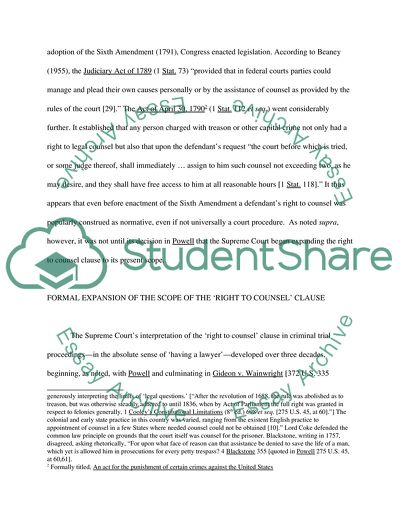Cite this document
(A Number of Landmark Court Decisions Term Paper, n.d.)
A Number of Landmark Court Decisions Term Paper. https://studentshare.org/law/1713579-sixth-amendment-to-the-united-states-constitution
A Number of Landmark Court Decisions Term Paper. https://studentshare.org/law/1713579-sixth-amendment-to-the-united-states-constitution
(A Number of Landmark Court Decisions Term Paper)
A Number of Landmark Court Decisions Term Paper. https://studentshare.org/law/1713579-sixth-amendment-to-the-united-states-constitution.
A Number of Landmark Court Decisions Term Paper. https://studentshare.org/law/1713579-sixth-amendment-to-the-united-states-constitution.
“A Number of Landmark Court Decisions Term Paper”. https://studentshare.org/law/1713579-sixth-amendment-to-the-united-states-constitution.


